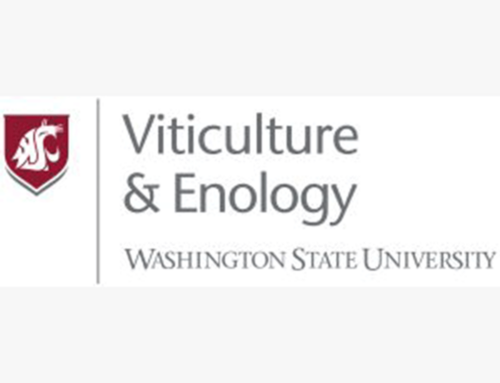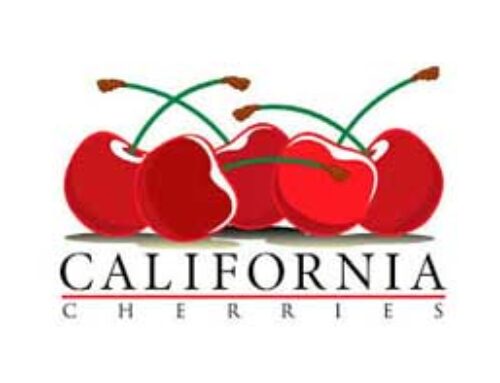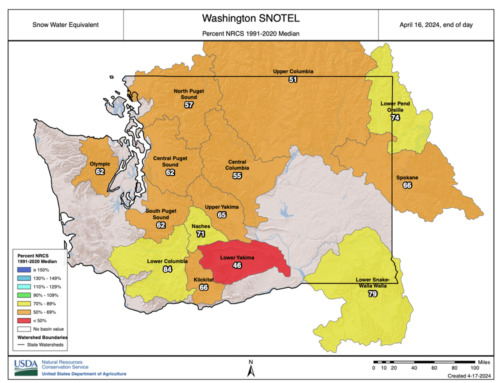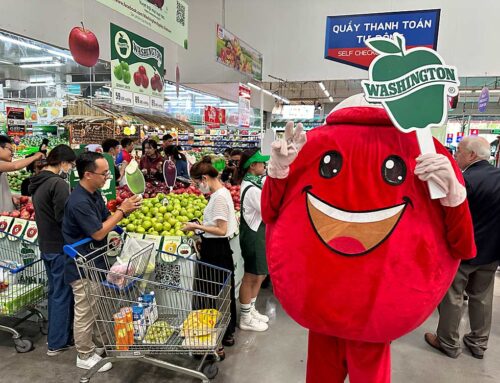Jim Colbert, an apple and cherry grower in Chelan, Washington, made a case in The Seattle Times that if immigration reform is going forward, the needs of growers must be part of a package.
In his Feb. 14 essay, he argued:
Washington agriculture needs an immigration solution that allows access to workers willing and able to do seasonal farm work, which fewer American citizens wish to perform.
Enforcement of our immigration laws must be a part of this solution, but it must happen concurrently with guest worker and related reforms to ensure that crops do not go unpicked for lack of labor. And these reforms must work not just for large growers with the resources to navigate the complex and expensive H2-A program, but for small farmers as well. Such solutions are possible, and nationwide alliances such as the Agriculture Workforce Coalition (agworkforcecoalition.org) are working to bring them about.
Colbert is chairman of the board of directors of the Washington State Tree Fruit Association.
Colbert said debate over immigration policy has taken center-stage in Washington, D.C. It’s worth considering the potential impacts of policy and enforcement changes on the economy of Washington State, particularly its rural communities. In Washington, agriculture and food processing is a $51 billion industry, supporting 160,000 jobs and generating $15 billion in exports.
He said the H-2A program needs an overhaul:
The H2-A program needs significant reform and cannot be viewed as a complete solution to agriculture’s labor needs. Not only is the program difficult to use without a dedicated expert on staff or the services of an outside consultant, the federal agencies charged with managing the program are also finding it difficult to process applications and border crossings in a timely manner. Sadly, far too many growers have had perishable crops ready for harvest only to find that their workers’ entry into the U.S. has been delayed by days or even weeks.
Read his complete essay here.






http://www.msnbc.com/andrea-mitchell-reports/watch/backlash-grows-over-trump-s-immigration-plan-507691587765
“The former ambassador stated,” If you were to deport the 30 million undocumented immigrants in the United States that’s going to cost you about 130 billion dollars.”